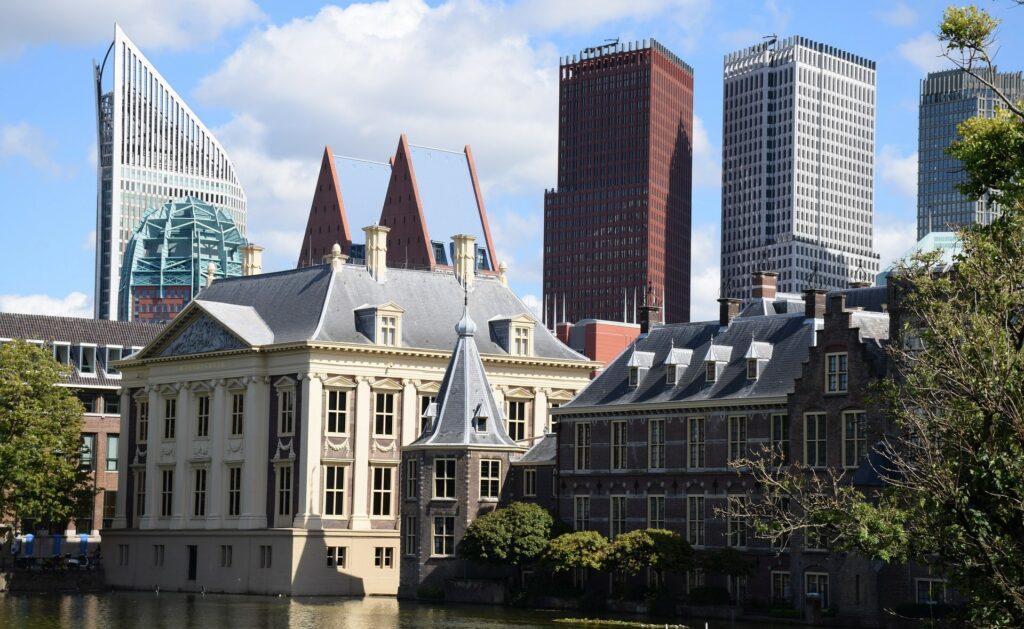Dutch competition authority ACM this morning rejected the proposed merger of RTL Nederland and Talpa Network, initially announced on 22nd June 2021.
Earlier this month, the regulator raised concerns about the merger’s impact on the Dutch TV advertising market. In response, Talpa proposed outsourcing the ad sales of its TV channels to Mediahuis Nederland. The remedy was deemed insufficient in restoring competition, and though ACM has yet to give its final decision, the merger appears to be off the table.
Nevertheless, both parties maintain that the deal would have been “the right strategic response” to the challenges facing European broadcasters, as international streaming companies grow their share of the market. The pair argues that ACM “did not take into account the speed and extent of the changes in the Dutch media landscape”, and their impact on local media companies.
In planning the merger, RTL estimated synergies between €100-120 million per year, to be fully realised by 2025. This would have allowed the combined entity to invest in local content, streaming, technology and data, according to the media group.
“We remain convinced that market consolidation is necessary to compete with the global tech platforms, said RTL Group CEO Thomas Rabe, “and that market consolidation will happen in the European TV markets sooner or later.”
Domino effect
Rabe has been outspoken on the importance of consolidation in competing against the streaming giants. As chairman of RTL owner Bertelsmann, he has pushed for a merger between RTL and German broadcaster ProSiebenSat.1, in order to create a “national streaming champion.” ProSieben CEO Rainer Beaujean was sceptical about the proposal, comparing the idea to Don Quixote.
Rabe’s vision took another knock last year when the French competition authority blocked a potential tie-up between Bertelsmann’s M6 and its rival TF1. Days later, talks broke down between call centre operator Majorel (part-owned by Bertelsmann) and IT services company Sitel Group. Rabe called the twin setbacks “incredibly disappointing.”
These plans for European consolidation seem subject to a domino effect across the regulatory landscape. Combined with the French decision, this latest rejection “has sealed the future of an RTL/ProSieben merger,” says François Godard, Senior Media and Telecoms Analyst at Enders Analysis. “For RTL, the ultimate catch was consolidation in Germany. This was fatally wounded by the failure of the merger in France. I don’t think that a success in the Netherlands would have changed that.”
Despite the abandoned merger deal, RTL Nederland CEO Sven Sauvé noted that the broadcaster “is in good shape.” Its SVOD service VideoLand grew 9.5 percent last year to reach 1.1 million subscribers; a market share of 16 percent, compared with Netflix’s 45 percent.
“Bertelsmann/RTL were already rethinking their approach,” adds Godard. “Their underlying analysis of the impact of the digital platforms is right, they must devise a new strategy in response.”





